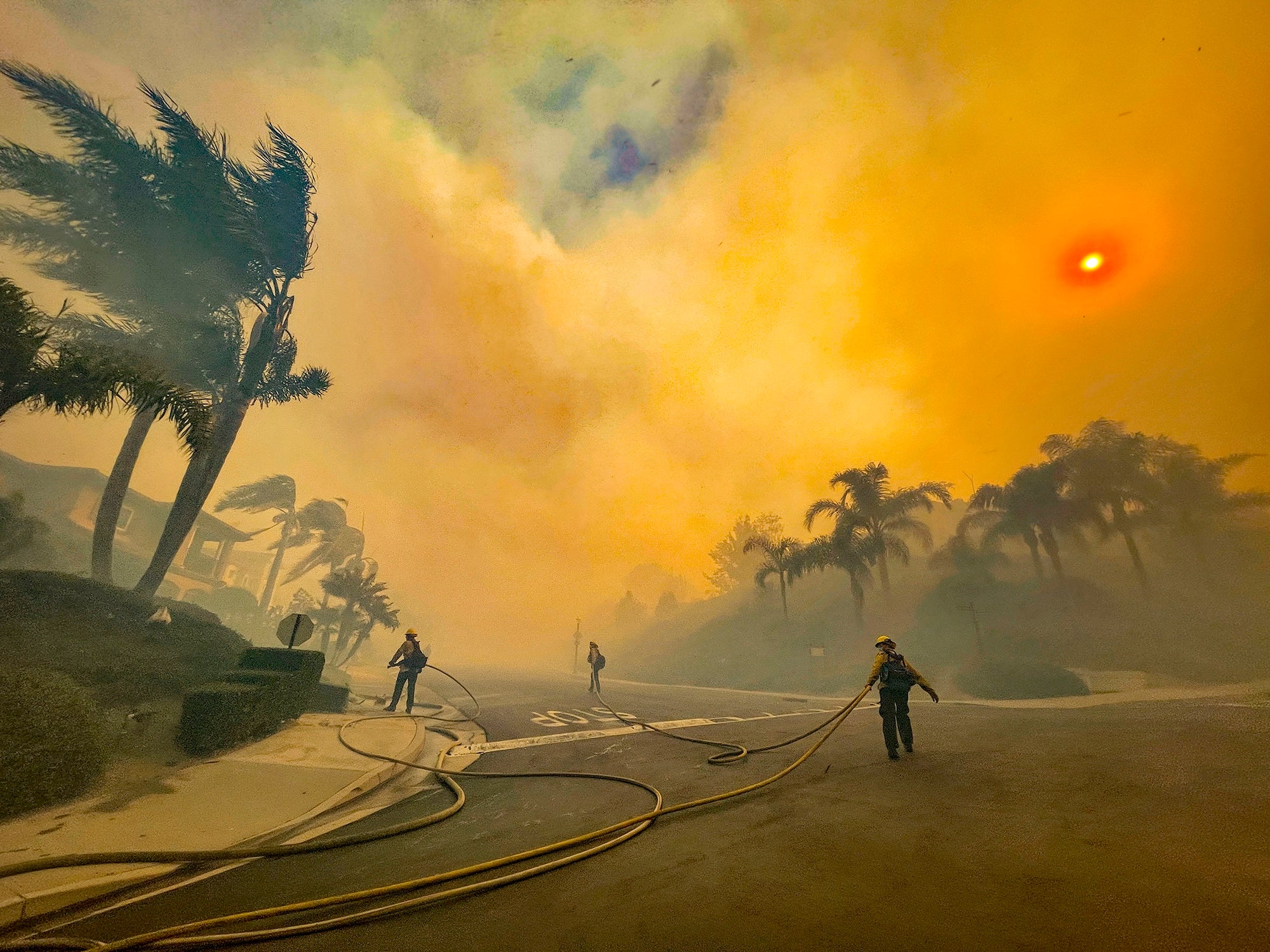California Regulators Ignore Environmental Community and Scientists by Locking in Low Carbon Fuel Standard
Most of the program’s billions will go to a dark trifecta of false solutions: biofuels, biogas, and dirty hydrogen
Contact
Despite widespread opposition, late yesterday evening the California Air Resources Board (CARB) approved amendments to the Low Carbon Fuel Standard (LCFS), a program that will provide billions to prop up polluting combustion fuels like biofuels and biogas. Today’s decision leaves behind California communities breathing dirty air, risks deforestation abroad, and takes California in the wrong direction on transportation — all while California should be mustering all of its resources to shift to zero emissions solutions in the face of a new Trump administration threat to the state’s climate and clean air policies. CARB Board Members Dean Florez and Diane Takvorian voted against the amendments, voicing concerns about impacts for Californians.
“The LCFS is a failed policy, and the communities most impacted by air pollution in California will be the ones breathing the price for it,” said Adrian Martinez, deputy managing attorney at Earthjustice. “Most of the program’s billions will go to combustion fuels, so there is no question that this approach is dragging California backwards. In light of an imminent Trump administration threat to California’s zero-emissions goals, it’s more important than ever that California regulators safeguard our path to clean air and an electric future. CARB’s decision today on the LCFS is the biggest miss we’ve seen in a long time.”
Biofuels (a combustion fuel made from plants like soy and corn) and biogas (a combustion fuel made from animal manure and plants) are hallmarks of stale climate approaches from the 2000s and pollute the air when burned. Scientists have been ringing the alarm that biofuels in particular risk deforestation of habitats vital to the climate and risk leaving the poorest people with less to eat. CARB’s own 2015 analysis of biofuels in the LCFS acknowledges that “This diversion of agricultural land to biofuel production will exert an upward pressure on food commodity prices, and potentially lead to food shortages, increasing food price volatility, and inability of the world’s poorest people to purchase adequate quantities of food.”
Prominent scientists who study the LCFS at institutions like Stanford, UC Davis, and other universities urged CARB to change course. The agency failed to analyze the impacts of its biofuels subsidies on global hunger issues in this latest round of amendments.
Transportation is the single largest source of climate pollution in California, and the state is home to some of the largest and most polluting freight hubs in the country, leading to a slew of negative health impacts like asthma, heart problems, and cancer. By cementing this version of the LCFS, CARB is ignoring the urgent need for real zero-emissions solutions to tackle transportation pollution.
“The California Air Resources Board has locked California into a climate policy that rewards polluters,” said Andrea Vidaurre, co-founder of the People’s Collective for Environmental Justice, an environmental justice organization in the Inland Empire. “Instead of supporting the zero-emission transportation solutions California communities desperately need, CARB has chosen to funnel billions in subsidies to polluting technologies, leaving frontline communities bearing the brunt of the harm.”
Further, the policy entrenches industrial dairy methane production, subsidizing polluting mega-dairies at the expense of environmental justice. Under state law, CARB must begin regulating methane from polluting dairies, but CARB has opted to shower them with lavish subsidies instead. Methane from industrial dairies is the last stationary source of methane still unregulated in California.
“The California Air Resources Board demonstrated its indifference toward Californians who will bear the brunt of pollution costs and fuel costs of the Low Carbon Fuel Standard by approving a proposal that prioritizes profits for megadairies and factory farm gas investors over addressing perverse harms to communities and furthering its own transportation goal,” said Phoebe Seaton, co-executive director of Leadership Counsel for Justice and Accountability. “The revised policy will push more industrial dairies to produce more methane at an accelerated pace, contributing to air and water pollution in communities throughout the San Joaquin Valley. Rather than require dairy farms to clean up their own mess, California will be paying these corporations to pollute.”
Incredibly, CARB is also allowing dirty hydrogen producers to paper over their polluting fuel with bogus biomethane credits and get LCFS credits as so-called “renewable hydrogen.”
“California holds itself out as a clean hydrogen hub, but in reality policies like the LCFS are favoring dirty over clean,” said Lauren Gallagher of Communities for a Better Environment. “This greenwashed hydrogen comes at a great cost to California: it adds more toxic pollution to California’s overburdened refinery communities and it keeps California hooked on fossil fuels. There is no way around the fact that CARB is taking us backwards on hydrogen.”
Over 20,000 Californians wrote public comments to CARB during the rulemaking process over the last year urging the state to change course and focus the LCFS on supporting zero-emissions transportation.
“Make no mistake about it, the incoming Trump administration is coming for California’s zero-emissions goals, and the kind of air we breathe is on the line. CARB’s justification for this version of the LCFS as a bridge for combustion fuels while we transition to zero-emissions needs to be reconsidered in light of the profoundly altered landscape we suddenly landed in this week,” concluded Martinez. “California needs to respond nimbly to the new and profound threat at the federal level — we’re not done talking about the Low Carbon Fuel Standard.”

Additional Resources
About Earthjustice
Earthjustice is the premier nonprofit environmental law organization. We wield the power of law and the strength of partnership to protect people's health, to preserve magnificent places and wildlife, to advance clean energy, and to combat climate change. We are here because the earth needs a good lawyer.